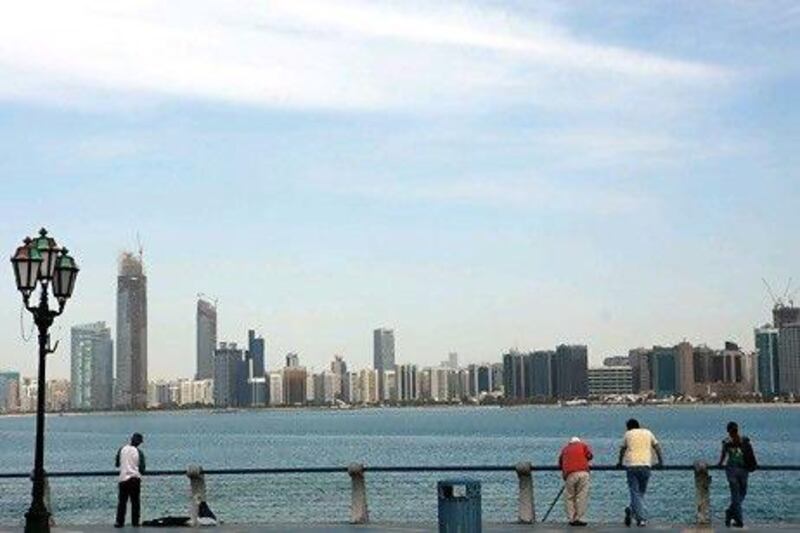Investing heavily in science and education could help to elevate the UAE to the top ranks of a global innovation index.
Insead, the global business school, has released its international index that ranks countries on their level of innovation.
Innovators: More on Insead's global index.
Unrest to spark innovation in region The Arab Spring will lead to a higher level of innovation in the Middle East, predicts the author of a new global report on innovation. Read article
Governments can stimulate innovation National innovation offices are required to coordinate development across the Arab World, according to global consultants Booz & Co. Read article
[ More business ]
Its annual Global Innovation Index (GII) found just two Arab countries - the UAE and Qatar - were among the top 40 innovators in the world.
Although the Emirates fell 10 places compared with last year to rank at 34 this year, experts said it was a short-term setback.
"The UAE is doing relatively well in all the dimensions we examine," said Professor Soumitra Dutta, the editor of the report.
"The country provides a holistic environment for innovation, but at the same time it has relative areas to improve upon."
The report ranked Qatar first among the Arab countries for innovation, followed by the UAE, Jordan, Bahrain and Lebanon.
Produced in partnership with Alcatel-Lucent, Booz & Company, the Confederation of Indian Industry, and the United Nations' World Intellectual Property Organisation, the GII measures the innovation levels of 125 countries worldwide based on seven parameters.
These include business sophistication, human capital, institutions and scientific output, with a number of sub-elements.
The UAE performed strongly in political stability, higher education, creative intangibles, and trade and competition, but scored lower in education, knowledge absorption and science.
Karim Sabbagh, a senior partner based in Dubai with Booz & Company, said the UAE's fall in ranking was just a blip, and given a number of projects currently under way, the country would climb back up the innovation list next year.
"There was a reflection this year in the effects of the global financial crisis, which affected investment in innovation," he said.
"Dubai was the centre of our economic development, but Abu Dhabi is now rising, you have a much more balanced perspective."
The GII project was launched by Insead in 2007 with the goal of finding measures to better capture innovation beyond traditional methods such as the number of PhDs and the number of research articles produced at universities.
Mr Sabbagh said firmer details on projects such as Masdar, the Advanced Technology Investment Company and new proposals on home-ownership would ensure investment in innovation grew this year in the UAE. The top five innovating countries this year are Switzerland, Sweden, Singapore, Hong Kong and Finland.
Prof Dutta said the UAE could learn a lot from other emerging countries and cities, such as Hong Kong, which took ideas and concepts from the West and improved upon them. Singapore's immigration policies have also helped innovation to grow, he said.
"Immigration policies are much more open, it's easier to do the paperwork and integrate into society, the quality of living is high, which attracts talented people," Prof Dutta said.
Government-led initiatives to improve innovation among larger companies in the UAE had been successful, he said, but more attention now needed to be given to developing entrepreneurs and startups.
"In terms of technological advancement, you see a high level of achievement, but you do not see [enough] government support for small businesses," he said.






